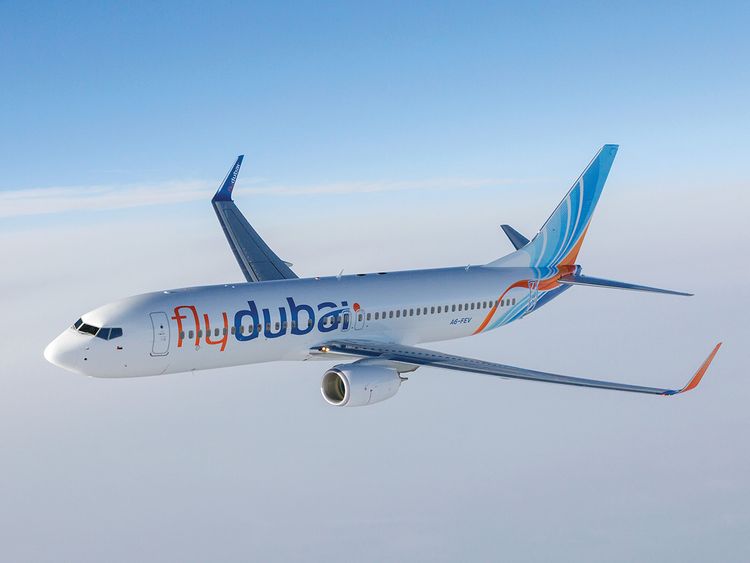KATHMANDU: The pilot of the Fly Dubai plane has sent the details of Monday’s flight to the Civil Aviation Authority of Nepal (CAAN). The pilot explained how the plane left the ground at a speed of 360 km/h and arrived at its destination with flames and great vibrations.
The crew of Fly Dubai encountered a sudden, major commotion as soon as they departed the runway of Tribhuvan International Airport, according to information in an email received from an authoritative source.
Engine number 2 (the right engine) was having a problem, according to the FZ-576 flight’s crew. They claimed that a loud noise was heard inside the cockpit and that the exhaust gas temperature (EGT) at the back of the engine was impacted.
He uttered “May Day, May Day” while communicating with the airport’s air traffic controller. In an emergency or crisis, the pilot will use this vocabulary to request assistance. Here, landing should be prioritized at the closest airport.
The pilots of the jet that took off for Dubai at 9:19 on Monday night requested assistance in getting back to Kathmandu. They also assert that they followed the procedures to be followed in the event of an engine fire.
In order to gain altitude within the Kathmandu valley, engine number 1 (the left engine) allegedly continued to “climb.”. They have stated, however, that when the issue first cropped up, the engine was not shut off.
The Engine Out Procedure (EOP) was allegedly followed by the crew at the time. The EOP includes instructions on how to safely pilot the ship using just the other engine in the event that one of the engines experiences a problem.
The pilot and crew lifted the aircraft to 20,000 feet and flew it over Dhading (an airstrip with the name Dharke) for about 14 minutes. The crew mentioned in the email that everything was returning to normal in the cockpit as the Boeing 737 aircraft was circling at a speed of 660 km/h in the “hold” position. Additionally, they claim to have gotten in touch with the Dubai-based Maintenance Control Center (MCC) of their business.
In the cockpit, they detailed their approach to solving the issue with the number two engine for the senior cabin crew. The email states, “As soon as it took off from Kathmandu, the cabin crew learned that the plane’s engine caught fire.”.
In an emergency, the large airline companies’ planes, which frequently fly internationally, can contact their company via satellite phone or VHF radio for technical assistance. In an email, the Fly Dubai pilot stated, “We have explained the incident to the MCC in Dubai.”.
Following that, as we carefully watched the settings on both engines, we became enthusiastic about our trip to Dubai. They claim that they continued to fly the plane from 20,000 feet to 28,000 feet on the advice of the technician from their company in Dubai.
They assert that the ATC at Kathmandu Airport was only notified of the discovery of a bird’s feather on the runway when the aircraft had reached the height specified in the flight plan and had begun to “cruise,” which strengthened their suspicion of a “bird hit.”. The incident of the bird colliding with Fly Dubai, according to the authority, is unfounded.
Sudan Kirati, minister for Culture, Tourism and Civil Aviation, and director general of the CAAN Pradeep Adhikari dismissed reports of the bird strike as mere rumors. The Authority has made the decision to ask the concerned airline for an explanation while also blocking the pass of the representative of Fly Dubai’s Nepal office.
Only the report produced after the technical inspection of the aircraft will provide the detailed cause of the incident.
According to Nepali time, the plane landed at Dubai International Airport at 2:00 pm. After the flames in the engine were spotted. The crew reported to Dubai airport that there was “minimum diversion” (minimum fuel) while “holding” in the air and departing Kathmandu with one engine full. Accordingly, the plane received a priority landing at Dubai Airport.

